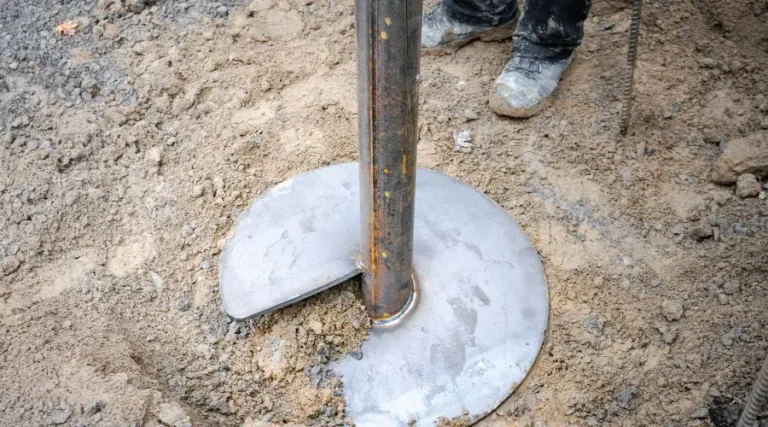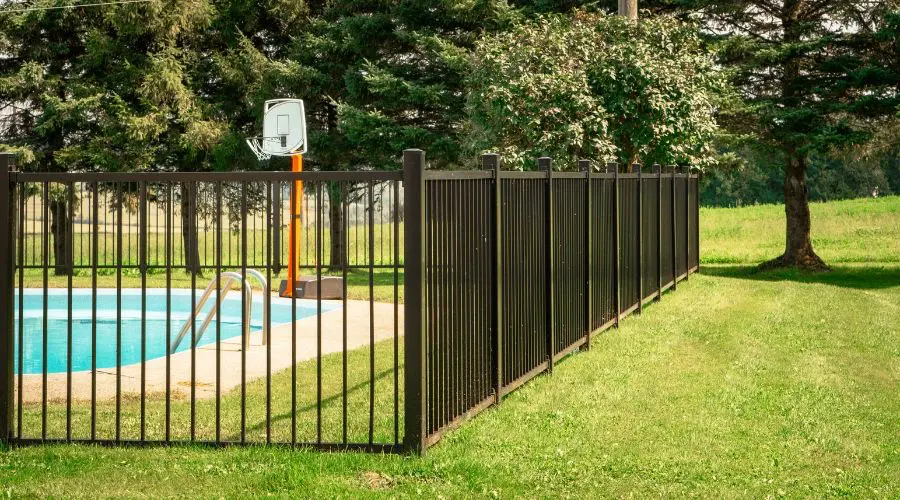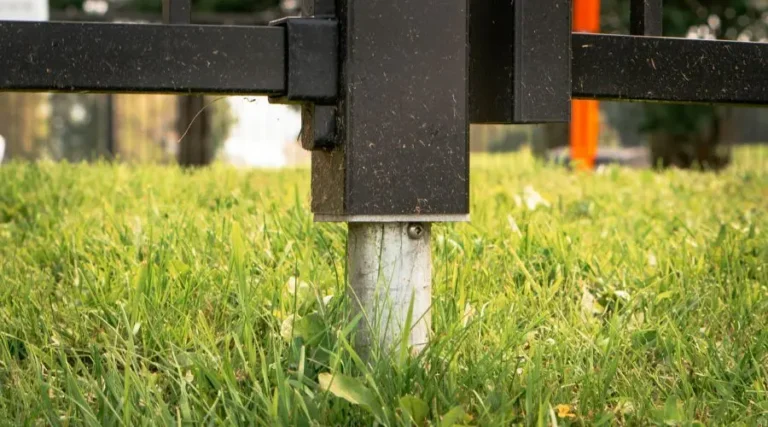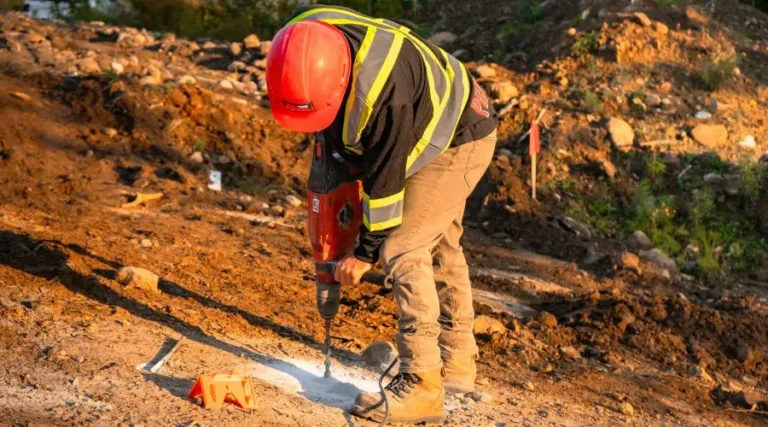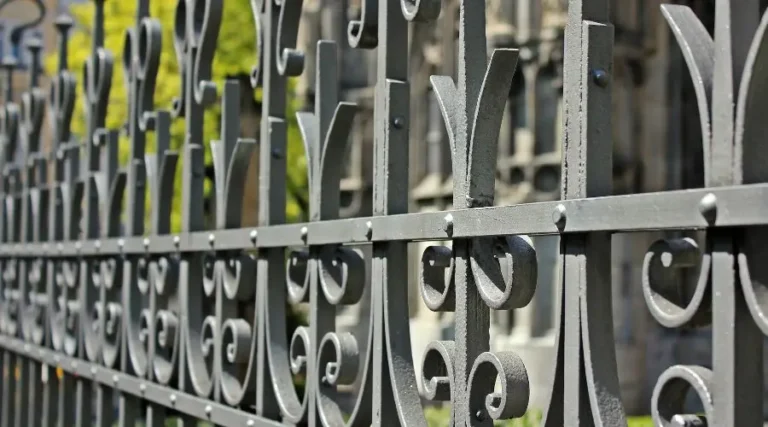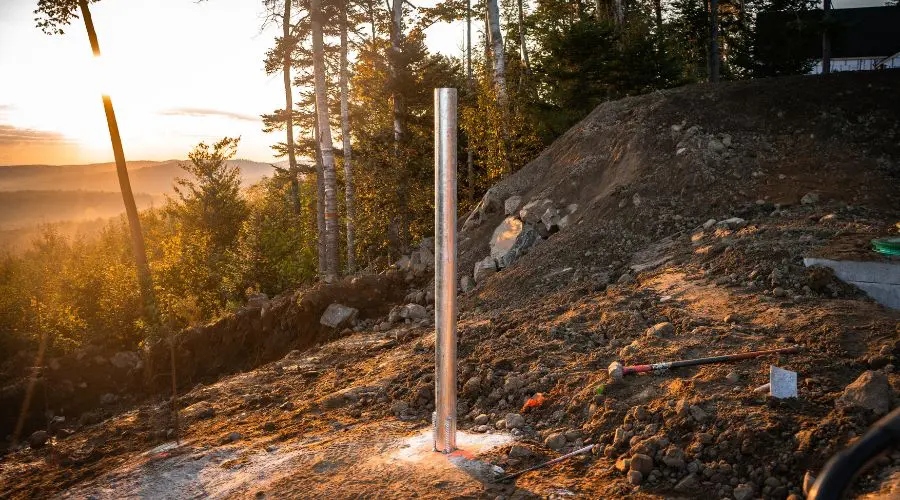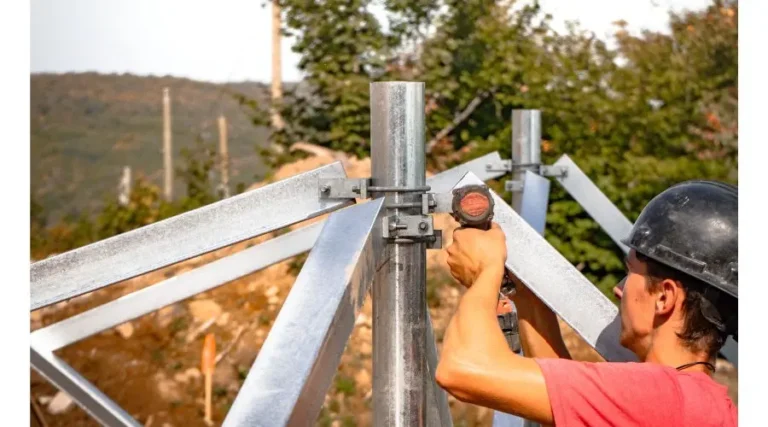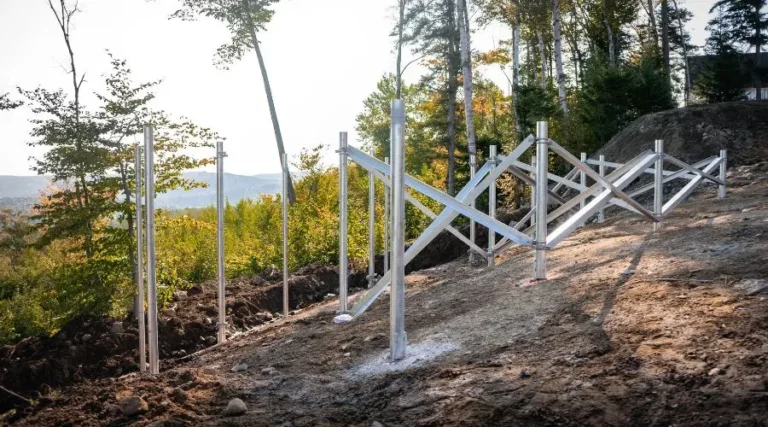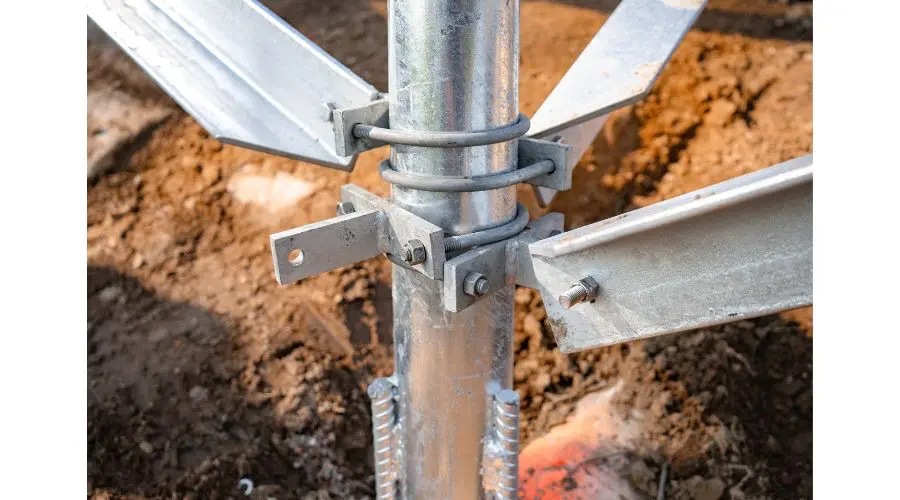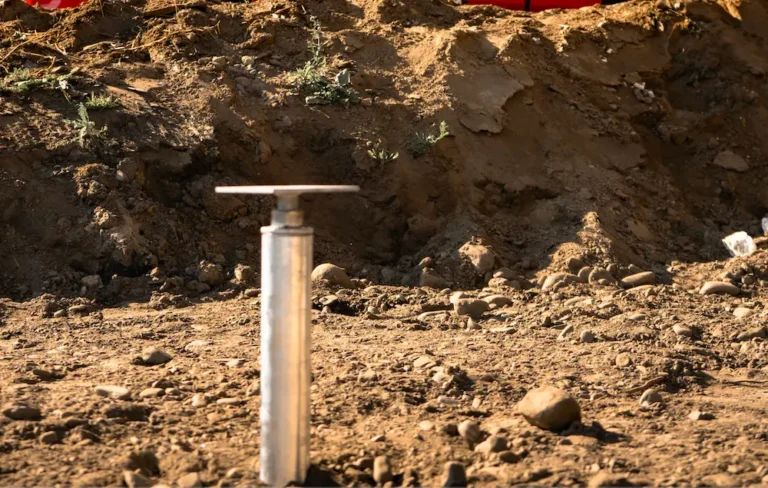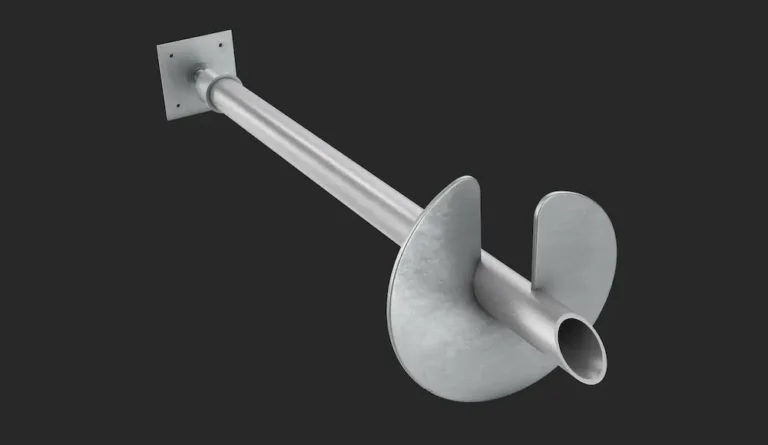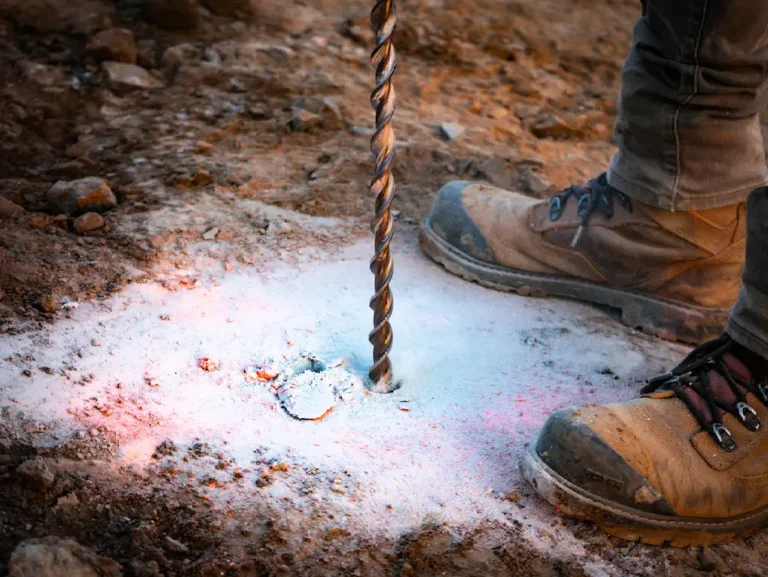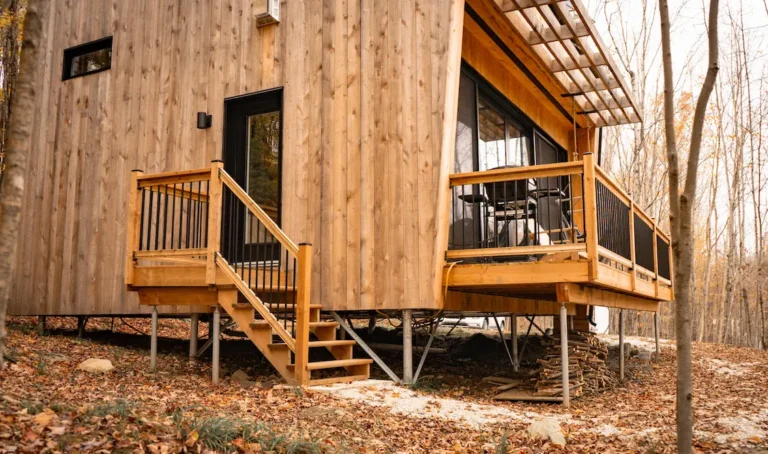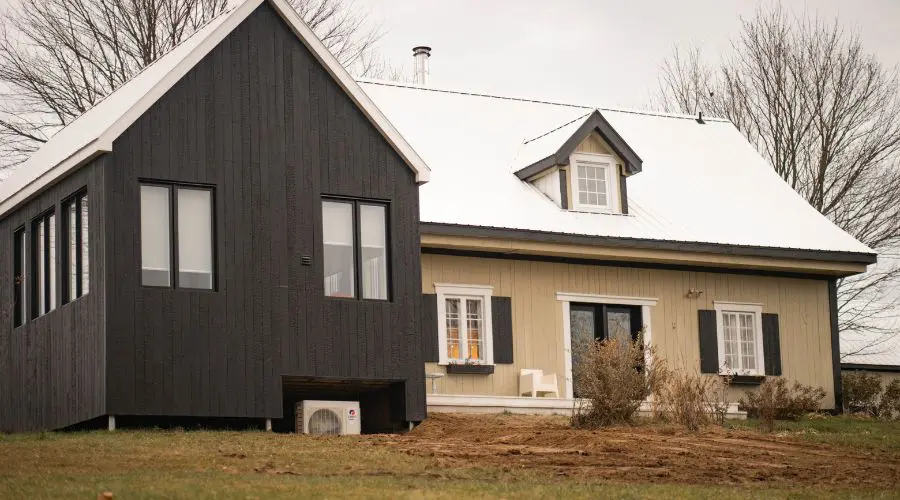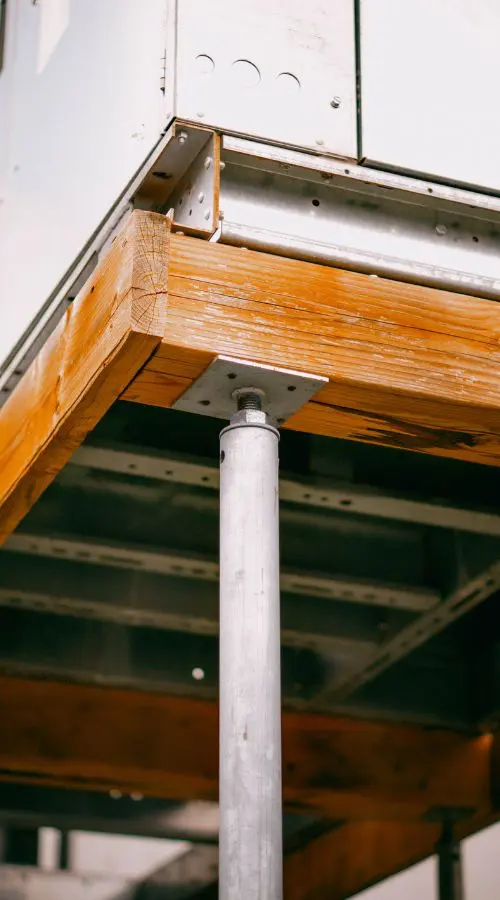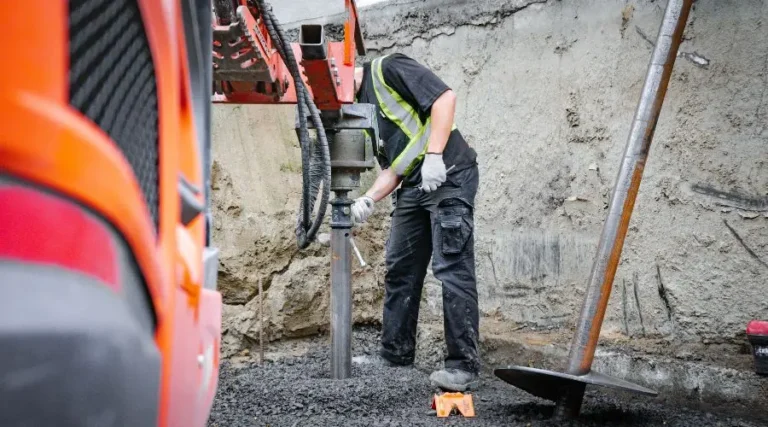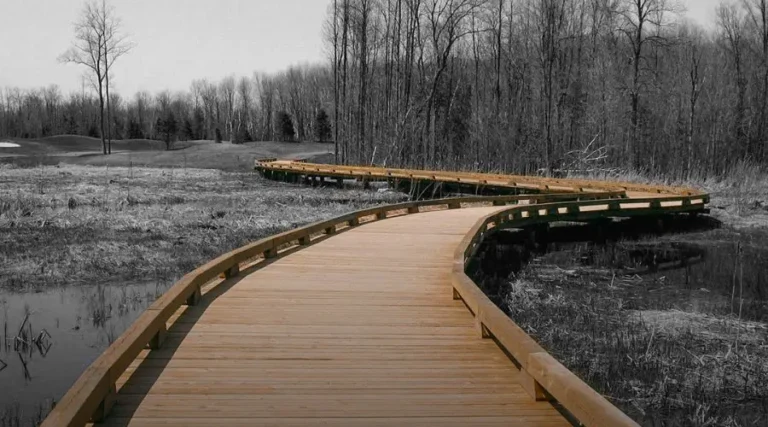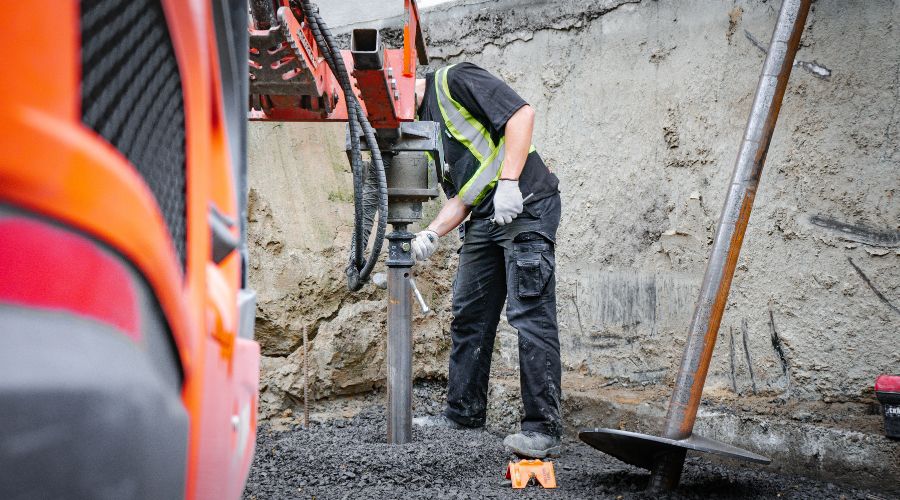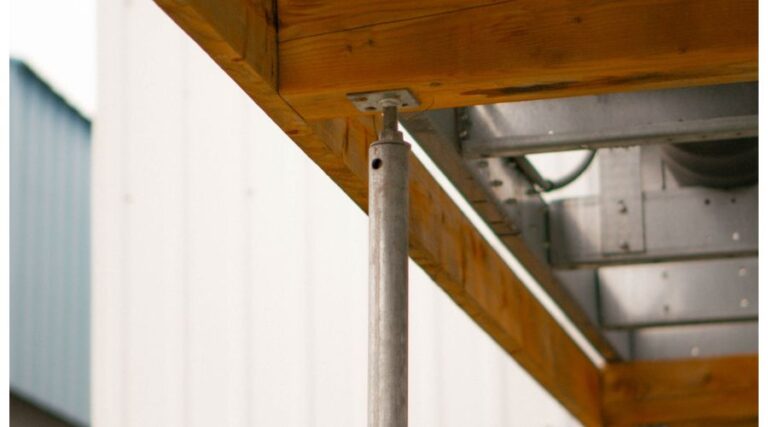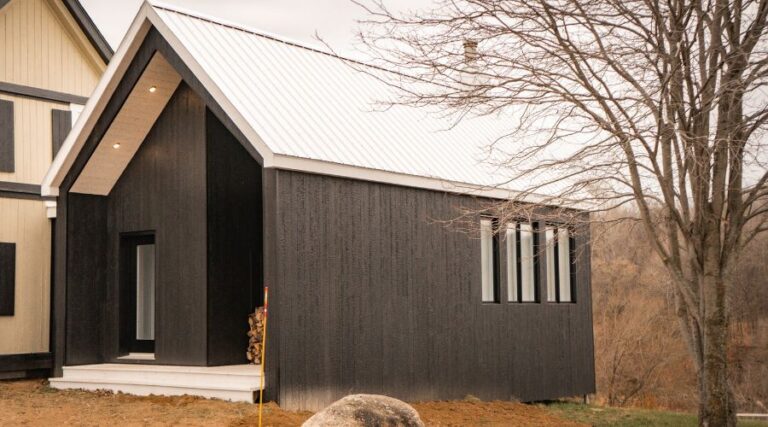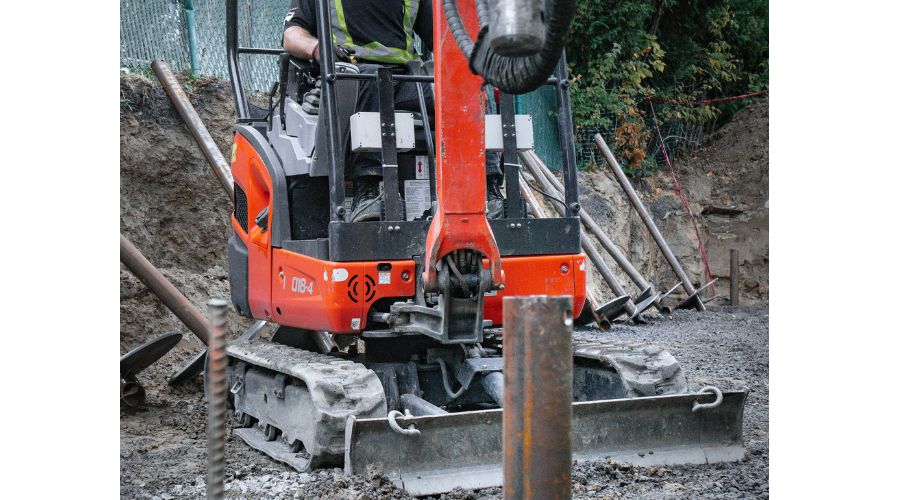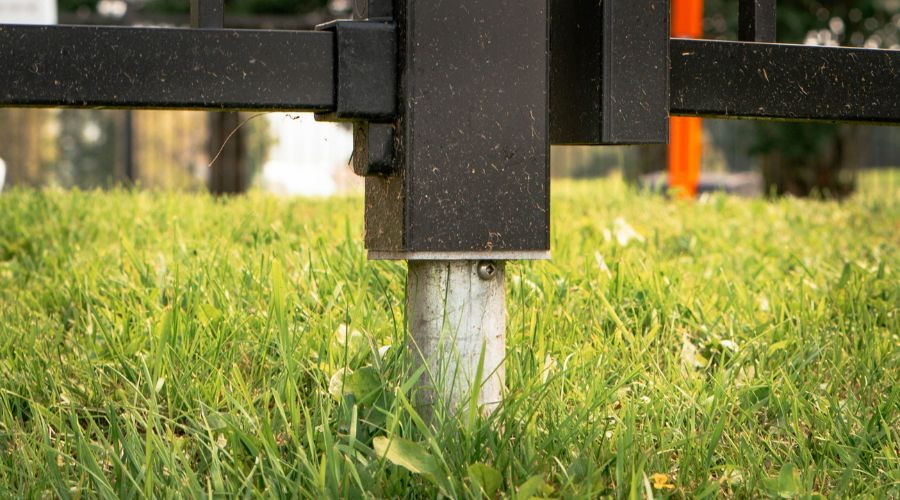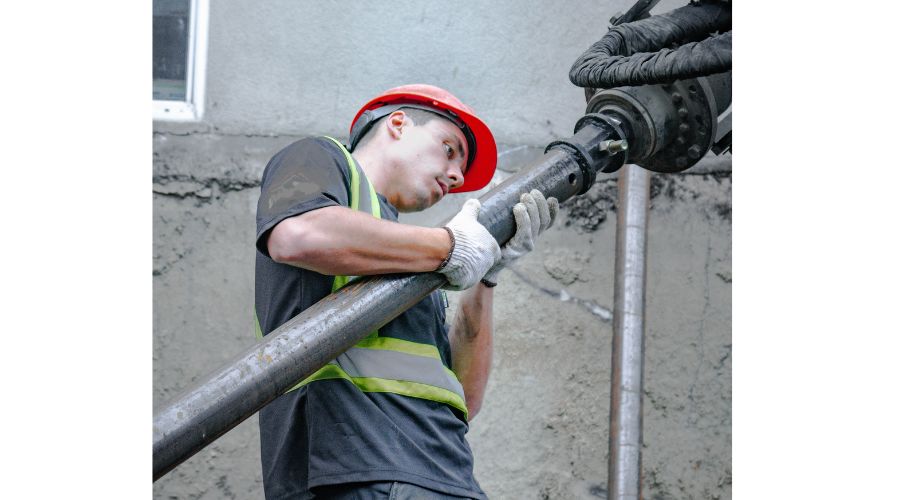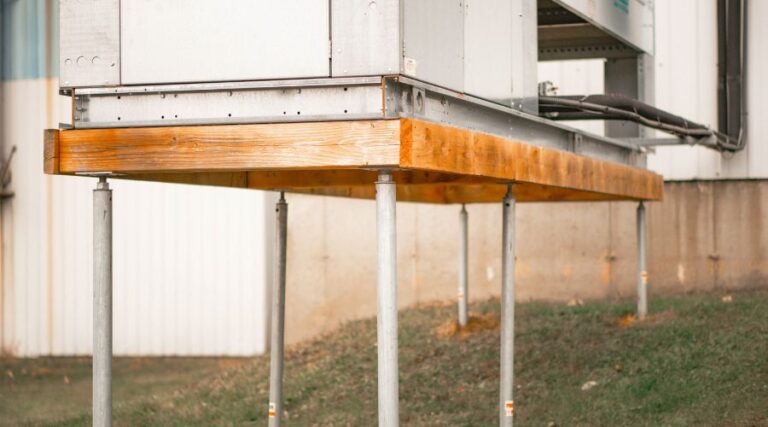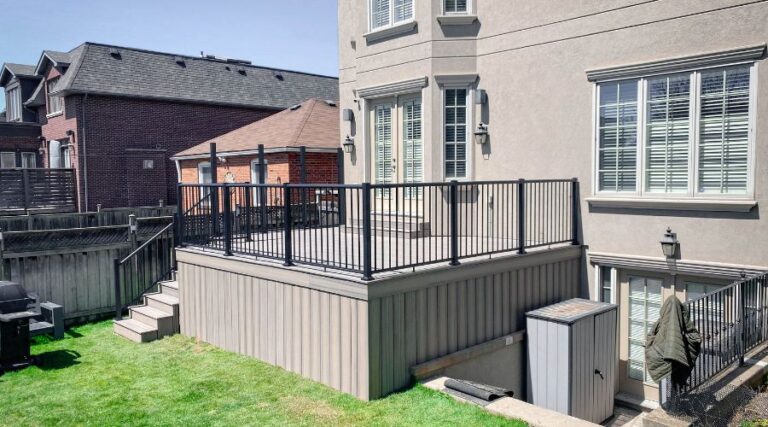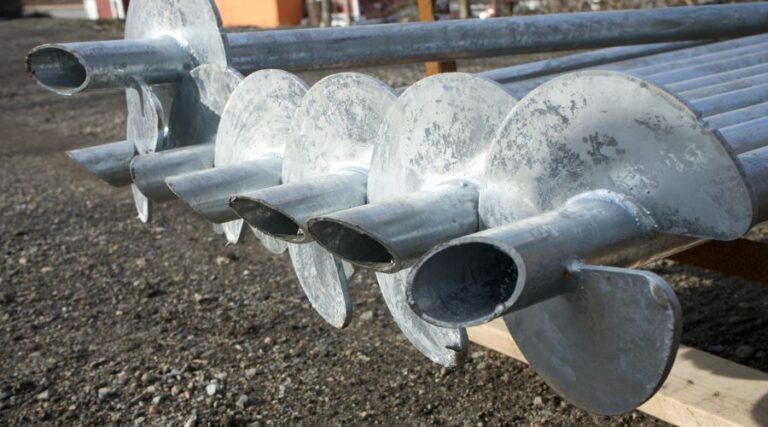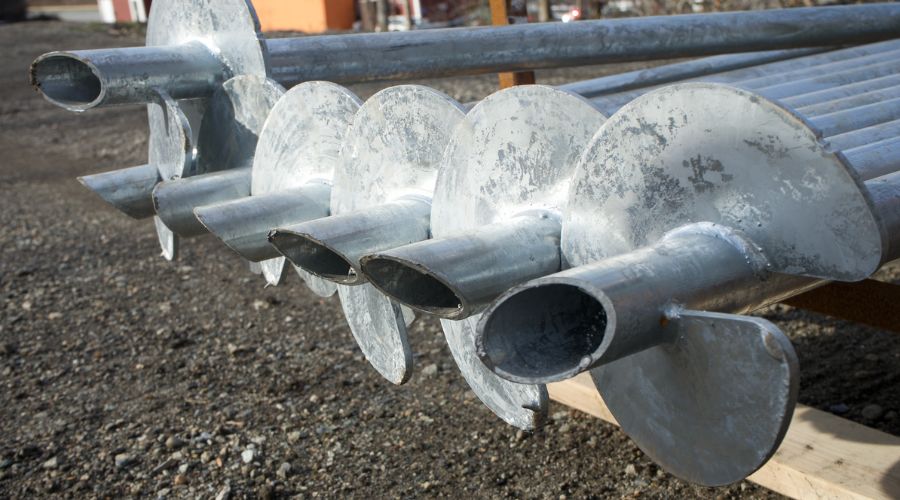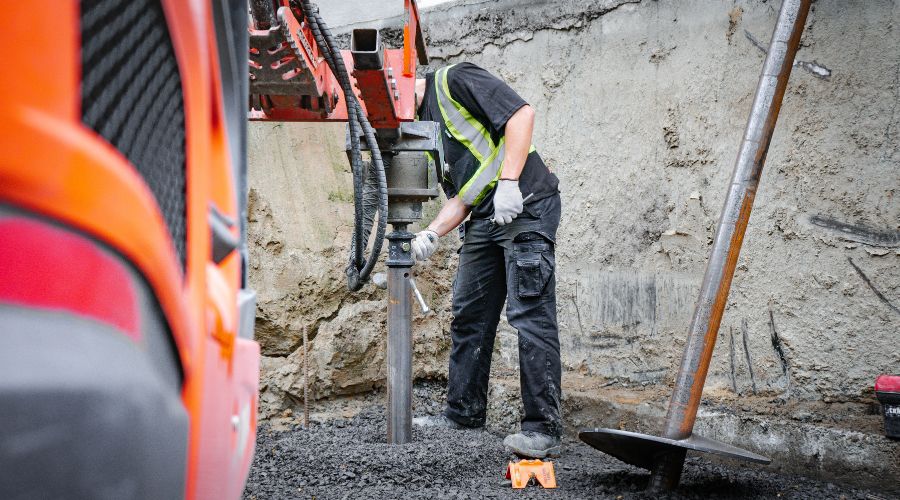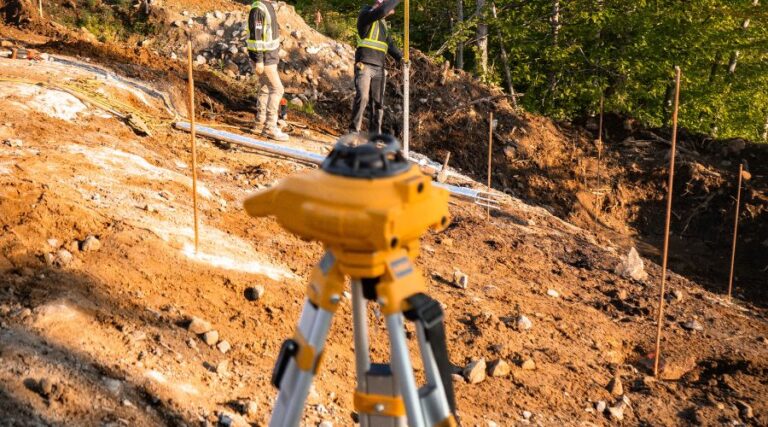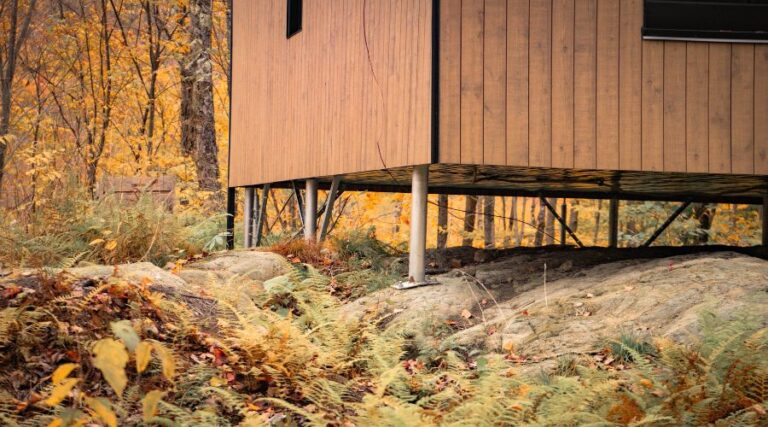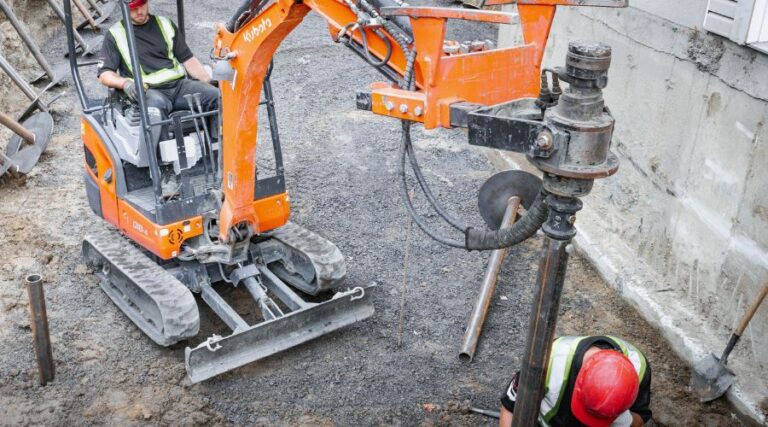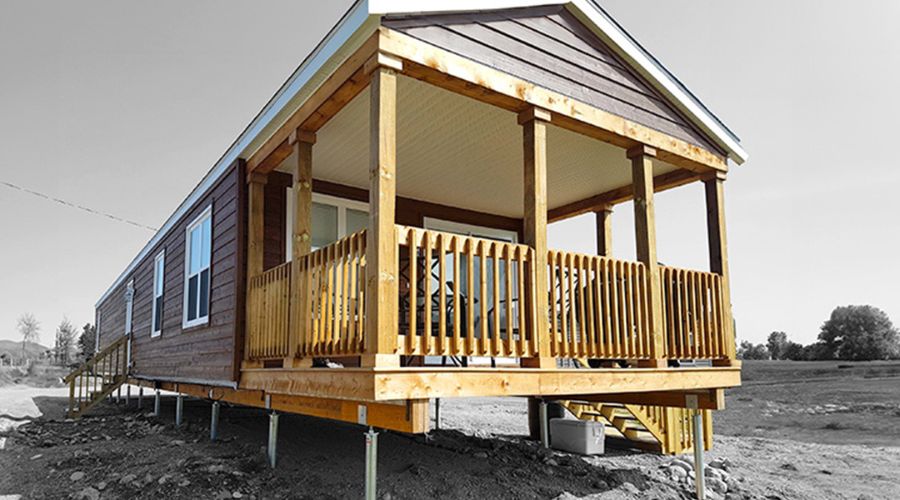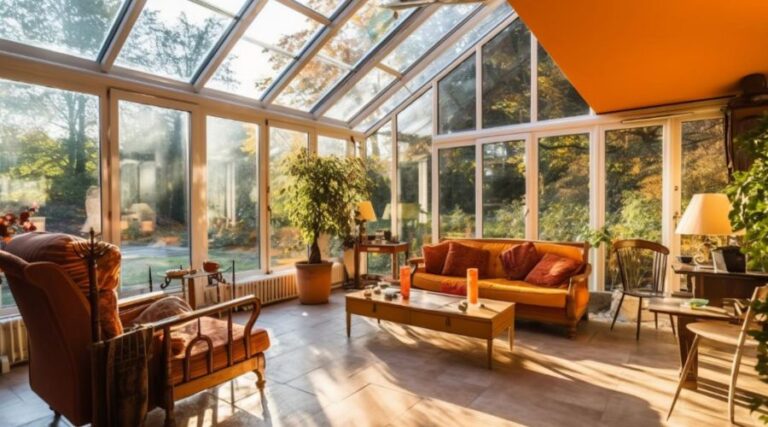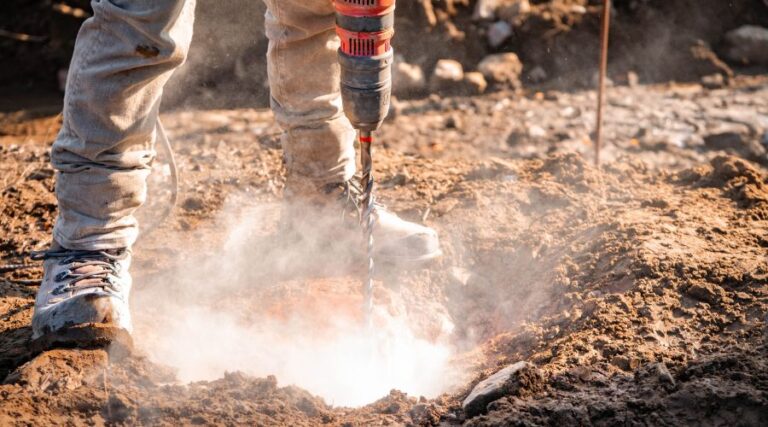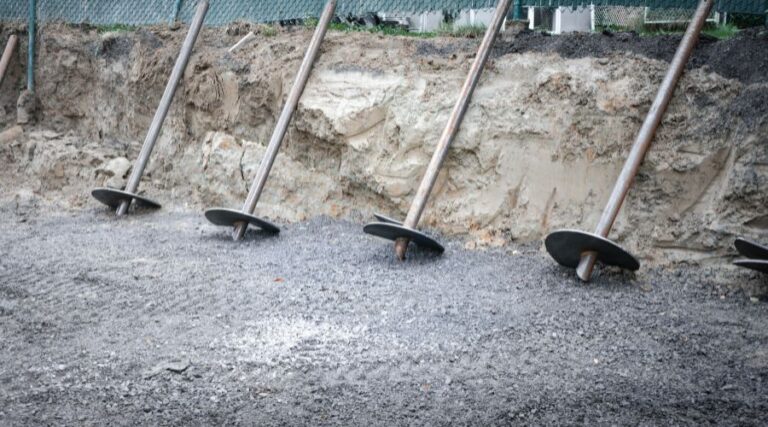Are you planning a home extension? If so, choosing the right foundation system is critical. Don’t make this decision lightly.
Helical piles, also known as screw piles, may not be the first solution coming to your mind. Concrete foundations are still very popular. But helical piles have emerged as an increasingly popular and sophisticated foundation option for home extensions.
However, you need to consider your options carefully before making a decision about any foundation system. Helical piles for home extensions come with their own set of considerations. Understanding the costs, and technical requirements, and installation process is essential.
- This guide addresses the most important questions homeowners face when considering helical piles for their home extensions. We explore every aspect of this foundation solution to help you determine if helical piles are the right choice for your project.
Keep reading to get detailed information about helical piles for home extensions. Once you’ve learned all the facts, you’ll be able to make confident decisions about your home extension foundation.
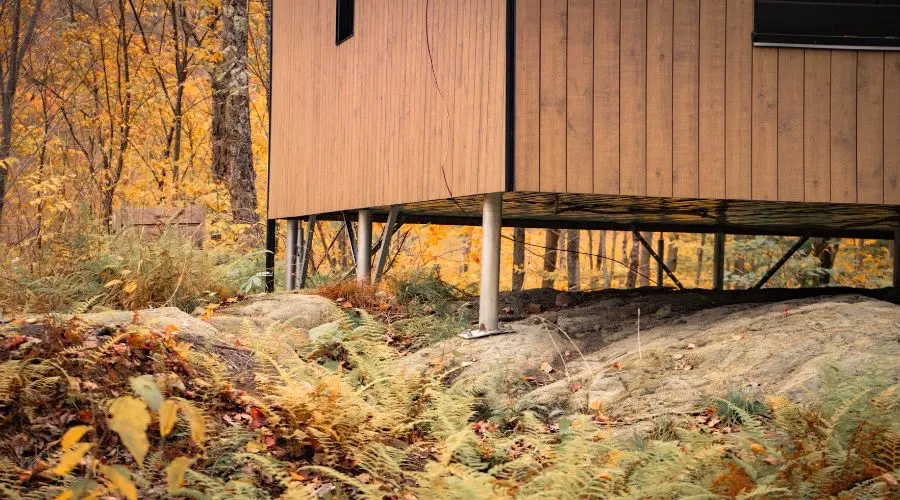
Are Helical Piles Good for Home Extensions?
Yes, helical piles are great for most home extensions projects. If you don’t want to build a basement, screw piles are the perfect choice.
How do they work? Screw piles transfer structural loads through helical-shaped steel plates to stable bearing strata deep in the ground.
To get the durable foundation your home extension deserves, you’ll need proper planning and professional implementation of the helical piles.
Helical piles are specifically well-suited for additions because they can be installed close to existing foundations without causing:
- Vibration damage.
- Excavation issues (often happening when pouring a concrete foundation).
Moreover, construction can proceed immediately after installing the piles. Unlike conventional concrete foundations that require extensive excavation and weeks of curing time, helical piles will save you time. Indeed, the helical plates provide immediate load-bearing capacity. The installation process also involves minimal site disturbance, which means your landscaping will remain intact.
In Quebec and elsewhere in Canada, screw piles are an excellent choice for:
- Freeze-thaw cycles: deep installation below the frost line eliminates frost heaving concerns.
- Poor soil conditions: the piles' size can be adapted for sand, clay, rock, and more.
- Tight construction timelines.
- An environmentally-friendly foundation.
What Are the Recommended Specifications for Home Extension Screw Piles?
From the 4-feet black steel screw piles found in your local hardware store to the specialized high-grade galvanized ones, there are a variety of helical piles available on the market.
For home additions specifically, be careful to buy high-quality products only. Black steel or painted steel can rust, jeopardizing your home extension, for instance.
Contact professionals to get an accurate estimate of the specifications for your project. The exact specifications depend on structural loads and soil conditions. This means that an engineer should visit the site and run a geotechnical analysis to determine the appropriate technical specifications.
Shaft specifications typically include:
- A diameter of 2⅞ to 3½ inches for residential extensions.
- Wall thickness of 0.276 inches at the minimum for structural grade.
- Steel grade: CSA G40.21 Grade 350W or ASTM A572 Grade 50.
- Hot-dip galvanization is recommended to avoid corrosion and preserve the piles’ lifespan.
Helical plate specifications typically include:
- A diameter of 8, 10, 12, or 14 inches for the plates, depending on soil conditions and load-bearing capacity needed. Engineers can also recommend a combination of sizes when double-helix configuration is needed.
- Minimum thickness of ½ inch.
- Configuration: Single, double, or triple helix depending on soil conditions.
Length considerations:
- Minimum depth should be 8-10 feet in order to reach below the frost line.
- Total length is usually between 15 and 30 feet, depending on soil bearing capacity.
- Torque measurement tools must be used during installation in order to reach a competent bearing stratum.
How Many Screw Piles Do You Need to Install for a Home Addition?
The helical pile system evenly distributes the load between each pile. Some soils require installing the piles closer to each other.
Therefore, the quantity of piles needed depends on load calculations, adapted for each type of soil. Load calculations are complex. They typically include:
- Dead loads: Weight of structure, materials, fixtures.
- Live loads: Occupancy.
- Snow loads.
- Wind loads (lateral force).
- Seismic loads.
Typical spacing of the piles goes from 8 to 12 feet for interior supports to 6 to 8 feet for perimeter supports.
For example, common home additions sizes require 6 to 16 piles:
- A 12 x 16 feet extension: 6-9 piles.
- A 16 x 20 feet extension: 9-12 piles.
- A 20 x 24 feet extension: 12-16 piles.
It is mandatory to hire professionals to determine how many piles your foundation needs.
Indeed, Quebec’s Construction Code mandates professional engineering for foundation design.
Therefore, a structural engineer must perform load calculations and soil analysis.
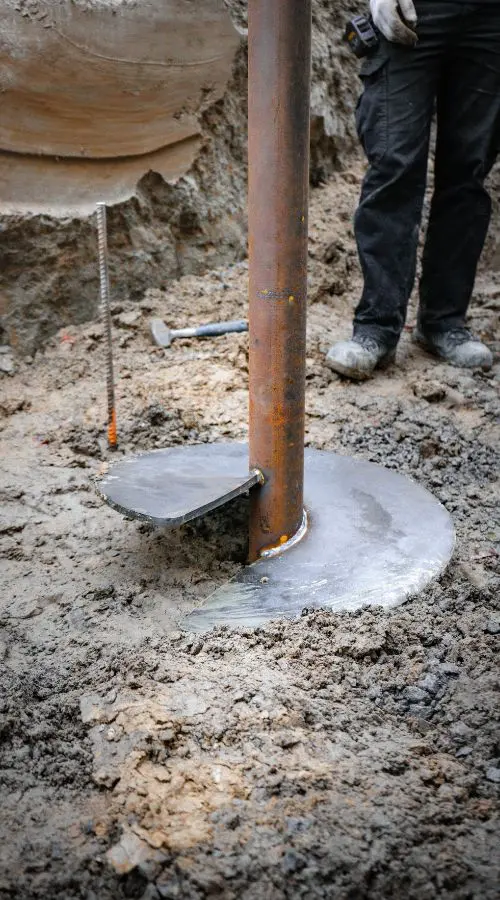
How Much Does a Home Extension on Helical Piles Cost in Quebec ?
Pricing varies a lot according to the number of piles needed, site specifications (for example, if it is difficult to access), and the company you hire.
Current Quebec pricing is approximately the following:
- Material supply and installation: Around $400 per pile.
- Engineering and permits: $2,000 or more.
- Site preparation: $500-$2,000.
Moreover, taxes of close to 15% apply to all materials and services.
As a result, you can expect the total cost of your home extension to be as follows:
- Small extension (12' x 16'): $6,000-$7,000.
- Medium extension (16' x 20'): $7,500-$9,000.
- Large extension (20' x 24'): $9,000-$11,000.
What factors can affect these estimates and change the total cost? A series of factors can complicate the project and add additional costs:
- Soil conditions: Rock or dense clay increases costs (need for drilling).
- Site access and location: Difficult access adds 20-40% premium. Remote areas have higher mobilization costs.
- Load requirements: Heavy loads require larger/more piles.
What Is the Lifespan of Helical Piles for Home Extensions?
You may be wondering if your helical piles for home extensions will last as long as a concrete foundation. This is an important question. High-quality piles can last as long, and often longer, than concrete foundations. Most manufacturers provide 25-50 year warranties with proper installation, but high-quality piles can last much longer.
- Galvanized steel piles can last 75 to over 100 years in most soil conditions.
- Stainless steel piles can also last over 100 years.
- Other options are not recommended as their lifespan is shorter because of corrosion risks.
What factors can affect the longevity of your helical piles foundation? These factors include:
- Soil corrosivity: pH levels, chloride content, moisture.
- Coating integrity: Quality of galvanizing.
- Installation: Proper professional installation prevents damage.
- Maintenance: Exposed portions require periodic inspection.
- Salt exposure: Home extensions near roadways may accelerate corrosion.
- Groundwater: High water tables may also affect corrosion rates.
What Are the Advantages and Disadvantages of Building a Home Addition on Helical Piles?
If you do things right, helical piles for home extensions are a good long-term investment.
This foundation system offers many advantages over traditional concrete footings. The piles’ ability to provide immediate load-bearing capacity, all the while maintaining minimal site disturbance, makes them particularly interesting for most construction projects in Quebec.
Worried about the costs? The upfront cost may be higher, but screw piles often prove cost-effective when considering there is no need for excavation, you save a lot of time, and you eliminate most frost-related issues.
The main advantages include:
- Immediate load-bearing capacity: Build your structure right after the installation ends. There is no curing time.
- Quick installation: It takes only 1-2 days.
- All-weather installation and frost-proof: Installed below frost line eliminates heaving. Installation is possible even in winter.
- Minimal excavation: Reduces site disturbance and landscaping damage.
- Vibration-free installation: Won't damage existing foundation.
- Easy to achieve precise heights.
- Environmentally friendly: No concrete waste. Piles can be extracted if needed and reused for your next project.
- Excellent in poor soils: Transfers loads to competent bearing strata.
There are, however, a few disadvantages associated with screw piles. No foundation solution is absolutely perfect and screw piles are no exception.
The main disadvantages are:
- Higher initial cost.
- Limited availability: Few contractors offer screw piles foundations and have the specialized equipment required for proper installation.
- Engineering required: Must have professional design and oversight.
- Corrosion potential when soil conditions are not appropriate or if technical specifications are not properly followed.
- Load limitations: May not suitable for very heavy structures.
- Lateral load resistance: May require additional bracing for high lateral loads (e.g. wind).
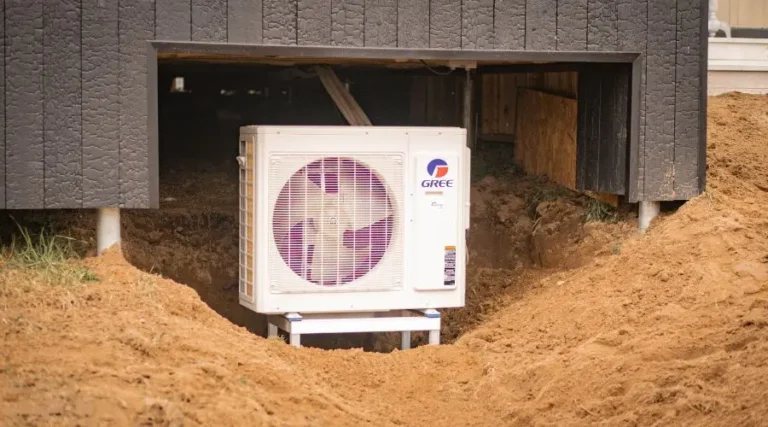
What Are CCMC Evaluated Screw Piles?
The Canadian Construction Materials Centre (CCMC) evaluation program provides third-party assessment of building materials and systems not fully addressed by codes. Basically, this means you should buy screw piles that are CCMC-approved to minimize the risk of ending up with a low-quality product.
CCMC evaluation includes:
- Structural performance: Load capacity verification.
- Durability assessment: Corrosion resistance testing.
- Installation requirements: Proper procedures and quality control.
- Design guidelines: Engineering parameters and limitations.
- Quality assurance: Manufacturing standards and testing.
The CCMC provides an independent verification of capabilities and promotes a standardized installation.
CCMC-evaluated manufacturers in Canada include:
- Techno Metal Post
- GoliathTech
- Postech
- And more
Always verify current CCMC evaluation status, as evaluations have expiry dates and may be updated.
How to Compare Quotes from Screw Pile Installers
Now that you learned the basics of screw piles for home extensions, you’re ready to contact potential contractors. What should you be looking for?
Before you hire a contractor, request a detailed written proposal with specifications, and don’t hesitate to ask for clarification on any aspects that aren’t clear. Get at least 3 quotes from 3 different companies before you make your decision. Always take the time to do due diligence.
Summary of due diligence steps
- 1. Verify licenses and insurance: Current coverage and good standing.
- 2. Check references: Recent similar projects and customer satisfaction.
- 3. Engineering support: Access to qualified structural engineers.
- 4. Equipment inspection: Modern, well-maintained installation equipment.
Compare pile specifications (diameter, steel grade, etc.), helix configuration, installation depth, load capacity, and corrosion protection.
Pricing is obviously something you’re going to analyse carefully. Ask about all-inclusive pricing vs. potential extras, deposit requirements and payment schedule, as well as change order policies. Check if the contractor commits to a specific start date and end date or gives any indication of a completion timeline.
Make additional verifications about the installation process and warranties:
- Are they going to help with building permits and inspections?
- Do they have proper torque monitoring equipment?
- Is the installation process in accordance with manufacturer’s specifications?
- Do they have quality control or verification procedures?
- What about the extent of excavation and backfill requirements?
- Is site clean-up, restoration and waste disposal included?
- What is the material warranty?
- What is the length and coverage of workmanship warranty?
- Do they have insurance in case something goes wrong?
Also, make sure your contractor has manufacturer training and certification. Engineers involved in soil assessment and pile design should be members of their local professional association (e.g. Ordre des ingénieurs registration in Quebec).
Red flags
How would you know if a contractor was not to be trusted? There are a number of red flags that should alert you to potential problems:
- Amazingly low price: Verify material quality and consider they might use shortcuts. Does the quote contain only vague materials or installation descriptions?
- No engineering involvement: Avoid this contractor.
- Pressure tactics: Never rush a decision.
- No local references: Dig deeper, as you’ll want to verify work quality before committing.
Best Helical Piles for Home Extensions - Get Quotes Now!
Helical piles are a reliable foundation solution for home extensions in Quebec. They offer distinct advantages over traditional foundation methods, that we have explained in detail in this article.
To make your home addition project a success, you need proper engineering, a professional installation. Working with experienced contractors is key.
- Please fill out our form to get quotes from experienced and certified screw piles contractors, and take your time to thoroughly evaluate them.
The growing adoption of helical piles across Quebec reflects their proven performance and the construction industry’s recognition of their benefits.
Your investment in understanding screw piles foundations today will prove cost-effective in the future, thanks to the performance and durability of this technology.
